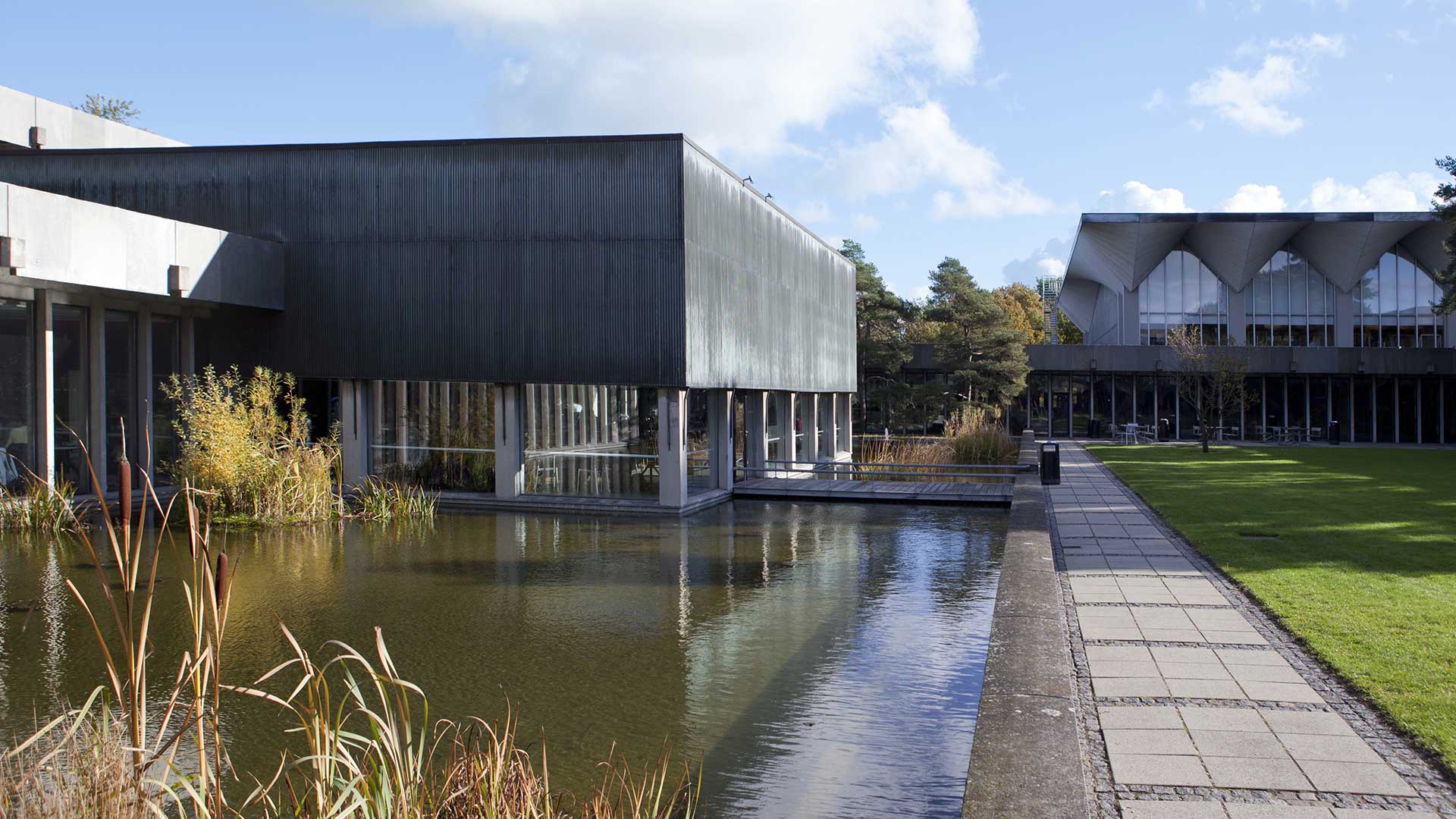About erc
Research grants
ERC grants raining down on DTU: €21.7 million in one year
10 researchers have set a new, annual DTU record by receiving prestigious research grants from the European Research Council, ERC.

Research that benefits the environment and human health
Most recently, three Advanced Grants have been received at DTU—grants that are given to leading and established researchers.
Professor Susan Stipp from DTU Physics received €3.5 million to develop new, cost-effective ways to capture CO2 from e.g., chimney emissions and send it into the ground, where it is bound by a reactive volcanic rock, basalt. Here, CO2 remains stable as a solid for millennia.
Iceland has already been converting CO2 into basalt for several years, thanks to research conducted by a team including Susan Stipp. In her new project, she will develop a technology that makes the method usable in the many places in the world where basalt is older and colder, and therefore is less reactive than Icelandic basalt. Almost a third of the grant is earmarked for the purchase of new equipment.
Professor Anja Boisen from DTU Health Tech received €2.5 million for research into ways of protecting the active ingredients in medicine until it reaches the right place in the patient’s intestine, where the drug delivery system attaches itself to the surface of the intestine and helps the active ingredients enter the patient’s body.
The project is focused on insulin, but once the technology has been developed, it would be possible to apply it to the development of vaccines that can be administered in pill form.
Professor Nini Pryds from DTU Energy received a similar amount to conduct research that can help pave the way for designing new materials for storage and conversion of energy—such as new types of batteries that are far more efficient than current batteries.
In the project, Nini Pryds will develop a completely new class of ultra-thin, oxygen-rich materials that can be stacked freely and rotated almost like a stack of building blocks, which will allow him to find the most optimal configuration for the transport of electrons and ions. A better understanding of this electron/ion transport could make it possible to e.g., reduce the charging time of batteries from hours to minutes.
The other DTU recipients
In addition to the three Advanced Grants, in the past year DTU has received:
Three Starting Grants, which are awarded to talented young researchers, early in their careers. Ingenuity, risk-taking and groundbreaking research ideas are crucial to receiving funding. Read more about the recipients in this news item.
Four Consolidator Grants, which support mid-career researchers so they can consolidate their teams and conduct groundbreaking research on topics and with methods of their choice. You can read more about them in this news item.
To learn more about the ERC’s mission and the grants that the organization distributes, go to ERC’s website.
Contact
Rasmus Larsen Provost Rektoratet Mobile: +45 22153943 DTU-provost@dtu.dk
Susan Louise Svane Stipp Professor Department of Physics Mobile: +45 28750202 stipp@fysik.dtu.dk
Anja Boisen Head of Sections, Professor Department of Health Technology Mobile: +45 27285999 aboi@dtu.dk
Nini Pryds Head of Section, Professor Department of Energy Conversion and Storage Mobile: +45 22195752 nipr@dtu.dk